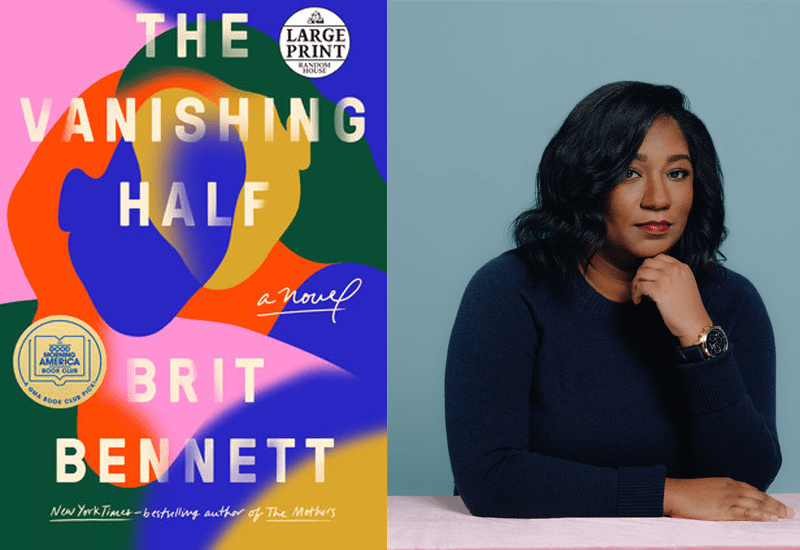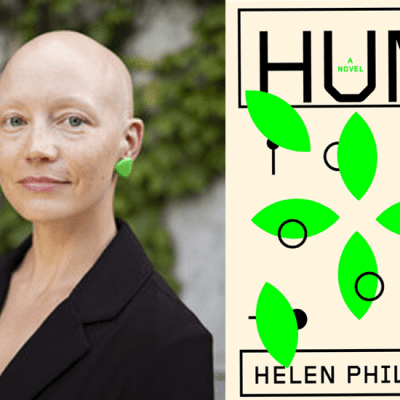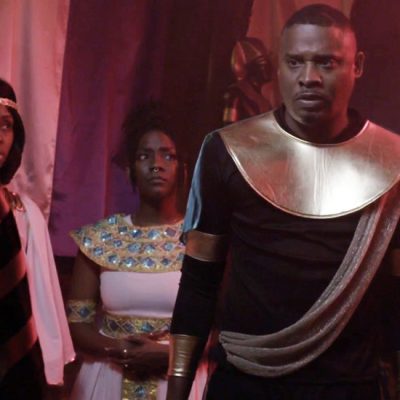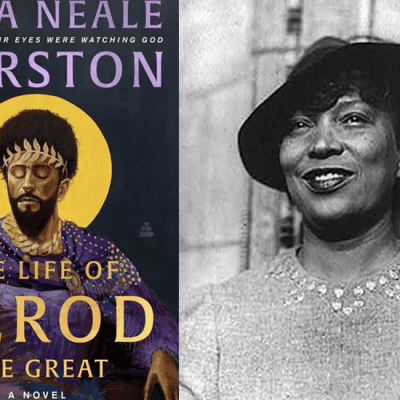
**This thinkpiece contains spoilers from Brit Bennett’s “The Vanishing Half.”
In Brit Bennett’s compelling best-seller The Vanishing Half, two fair-skinned African American twins choose drastically different paths for themselves: One secretly decides to pass as white, while the other embodies her Black identity. Released in June of 2020, the novel has received widespread acclaim while sparking necessary conversations about racial identity throughout generations.
The story of Stella and her journey as a newly born white woman was especially intriguing. Leaving her twin sister Desiree behind, she ventures off into a life of privilege as she marries a wealthy white businessman and gives birth to her daughter, Kennedy, whose features include blonde hair and violet eyes. Much to Stella’s relief, no sign of blackness is imprinted on her child. But carrying this heavy secret has created ongoing paranoia for Stella, who is constantly on edge, particularly around other Black people as they tend to “know their own.” When the first Black family planned on moving into the all-white Los Angeles suburb in which she resides, the typically reticent Stella is the first to speak out against it, gaining the approval of her white acquaintances. When the family moves in anyway and were not suspicious of Stella’s life-changing secret, a sigh of relief is felt. She could even fool her own race! And yet, she still yearned to belong in a way that she couldn’t with her white husband, neighbors, and colleagues. So she furtively befriends her Black neighbor, finding a sort of comfort with her that reminds her of home, of her sister. Perhaps this is because she has hidden such a massive part of herself that she is only a shell of what once was.
Known to be secretive even with her family, Stella often feels like her own daughter is a stranger. And certainly, the personality of Kennedy couldn’t be further from Stella’s own, and it threatens her. Kennedy is vivacious, bold, and completely open. She’s also curious about her mother, and seeks answers about her past that she was never granted. Eventually, what is sought is found, and through Desiree’s daughter Jude, she discovers the truth about her identity as half-black. Here’s two cousins: Jude, the color of midnight, and Kennedy, the color of cream, and they can both be classified as Black. It’s less about their shade (though unlike Kennedy, Jude could never pass as white) and more about the psychological identity within, which raises questions about race versus identity. Kennedy, who was raised to only know her whiteness and is thought to be joking when she mentions that she is half Black, would still be considered African American on paper. But she wouldn’t face the same discrimination as Jude, and I’m skeptical that she would even be embraced by other Black people as one of them.
Thus, the question becomes: Is Kennedy’s blackness valid? For comparison, let’s look at the biracial rapper Logic. Although he could pass as white, he carries 50% of African-American DNA. Yet, there are plenty of Black people who feel uncomfortable, and even become hostile, when he uses the n-word in his songs. However, in an interview, Logic explained that his use of this provoking word is natural for him because he was raised in a Black family, and it is a part of their everyday language. Being immersed in Black culture was his experience growing up, and so he identifies more with his blackness. Kennedy, on the other hand, did not have that same background and is, by all other factors outside of DNA, of the white identity. And yet, if Kennedy wished to embrace her Black side and the culture that she was stripped of growing up, I ponder on how the world would view her. Would she be criticized for wearing Black hairstyles even though blackness exists in half of her? Would this blonde haired, white-looking woman be described as Rachel Dolozel 2.0?
Race has perpetually been a sensitive subject that we tend to walk on eggshells with, but The Vanishing Half opens up a place for discussion about racial identity. As shown in the example between Kennedy and Logic who are both biracial, how one identifies is more so based on how one is raised and other psychological factors. However, regardless of that identity, the ignorance and shallowness of this world will still choose to tell you who you are based strictly on your physical features. If your skin color is white-passing as an African-American, then you are given more privilege, as demonstrated with Stella. If you are half white, but have skin that denies that portion of you, that same privilege does not exist for you.
So, how do we navigate in a world that chooses to minimize us and ignore all of the complexities and nuances of identity outside of race? In the case of Kennedy and Logic, why are physical characteristics so important that those within our same racial group will deny us if we don’t look like them? A timeless and deeply important read, Bennett’s The Vanishing Half brings questions of this nature to the forefront, allowing us to examine the convoluted nature of identity in ways that plunge far beneath surface level.
Rating: 5/5








